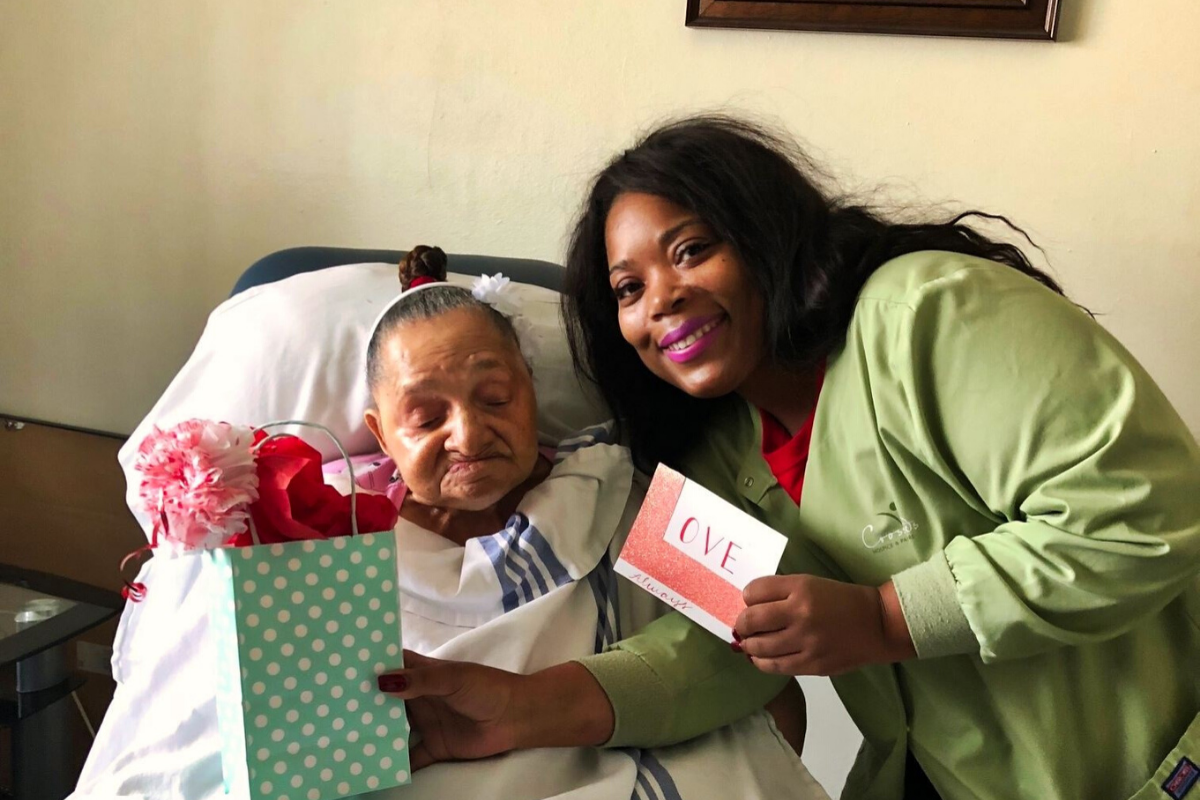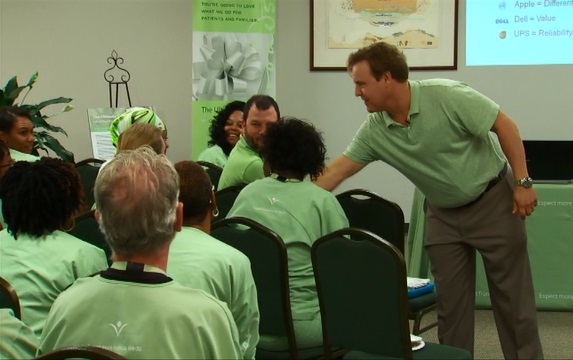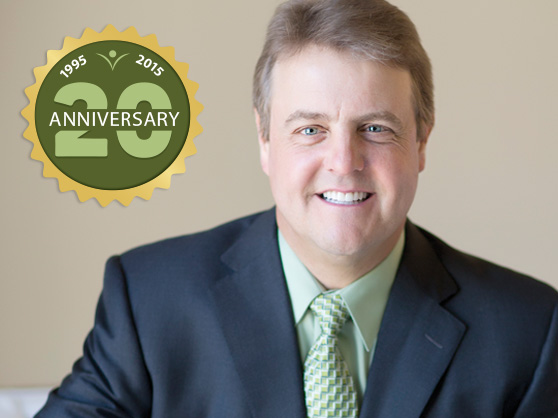Open Letter to Ohio Governor Dewine

Dear Governor Dewine:
When you issued Ohio Executive Order 2020-01D on Monday, March 9 declaring a State of Emergency in your state “due to the circumstances presented by COVID-19,” we weren’t surprised. But when state Director of Health, Amy Acton, MD, MPH, issued a Variance to and Waiver from Certain Hospice Care Program Licensing Requirements (Variance) a month later, we were extremely concerned about how long-term care facility operators might interpret two implications in the Variance.
The first implication is that hospice is not an essential service even though at the very onset of the COVID-19 Pandemic, hospice was deemed an essential service by the federal government.
Second, the Variance implies that all the usual requirements for hospice caregiver visits to patients residing in long-term care facilities are waived.
Variance Further Jeopardizes Ohioans
We’re concerned about what Ohio long-term care facility administrators will assume and “take away” from this Variance. We know that COVID-19 has had a devastating impact on their nursing homes and assisted living facilities.
Governor DeWine, the Ohio Department of Health should be proactively educating your long-term care facility administrators about why hospice is an essential part of Ohio’s healthcare delivery system. Why aren’t you telling them that restricting in-person assistance by caregivers, when required by the hospice, is not supported?
Extra hands provided by experienced and dedicated hospice caregivers means extra care for the vulnerable elderly. It’s that simple.
We shouldn’t have to be lobbying for entry in to long-term care facilities because, actually, the application of a waiver for an in-person visit is at the discretion of the hospice, not the long-term care operator, according to the law.
The Hospice Has Medical Authority
It’s the difference between medical administration and medical management authority. A long-term care facility follows a physician’s orders for the care of a resident. A hospice works with the patient’s physician, the hospice medical director and other members of an interdisciplinary team to establish a medical care plan. Hospice plans of care follow the palliative directives of patients and their families.
Governor, do you see that there is a substantial difference in the roles of these two types of essential providers? It is the role of the hospice to balance the in-person visits necessary for the care of the long-term care resident with the safety or risk of contamination of COVID-19, not the role of the long-term care facility.
We understand well how waiving requirements for in-person visits can be helpful to operators, and we appreciate why you eased regulations in Ohio. We know you care deeply about the well-being of all Ohioans.
Crossroads Works in Partnership with Long-Term Care Operators
Crossroads Hospice & Palliative Care is a major provider of end-of-life care in Ohio where we operate four locations in Cleveland, Cincinnati, Akron and Dayton. We have always strived to work in partnership with long-term care facilities to keep residents safe, while compassionately caring for residents facing death and their caregivers and families.
This has never been more important than at this moment in time. I founded Crossroads Hospice & Palliative Care 25 years ago as a third-generation nursing home operator. As passionate as we are about hospice, we know long-term care intimately from the inside. It is with support, not condemnation, that we reach out to you Governor Dewine. The long-term care industry doesn’t need to stand alone against this largest healthcare crisis of our lifetime.
Many facilities have reached a tipping point where they must shift from protecting residents from the outside to caring for residents on the inside.
Governor, we are here to help them now during this crisis as we always have been. This is not a statement condemning the hardworking people of Ohio’s long-term care facilities, just our recognition that long-term care facilities in any state were never designed to be, nor are they licensed or trained to provide the care of a hospital. Please don’t give them more reasons to turn help from a hospice away.
Perry Farmer
CEO & Founder
Crossroads Hospice & Palliative Care




